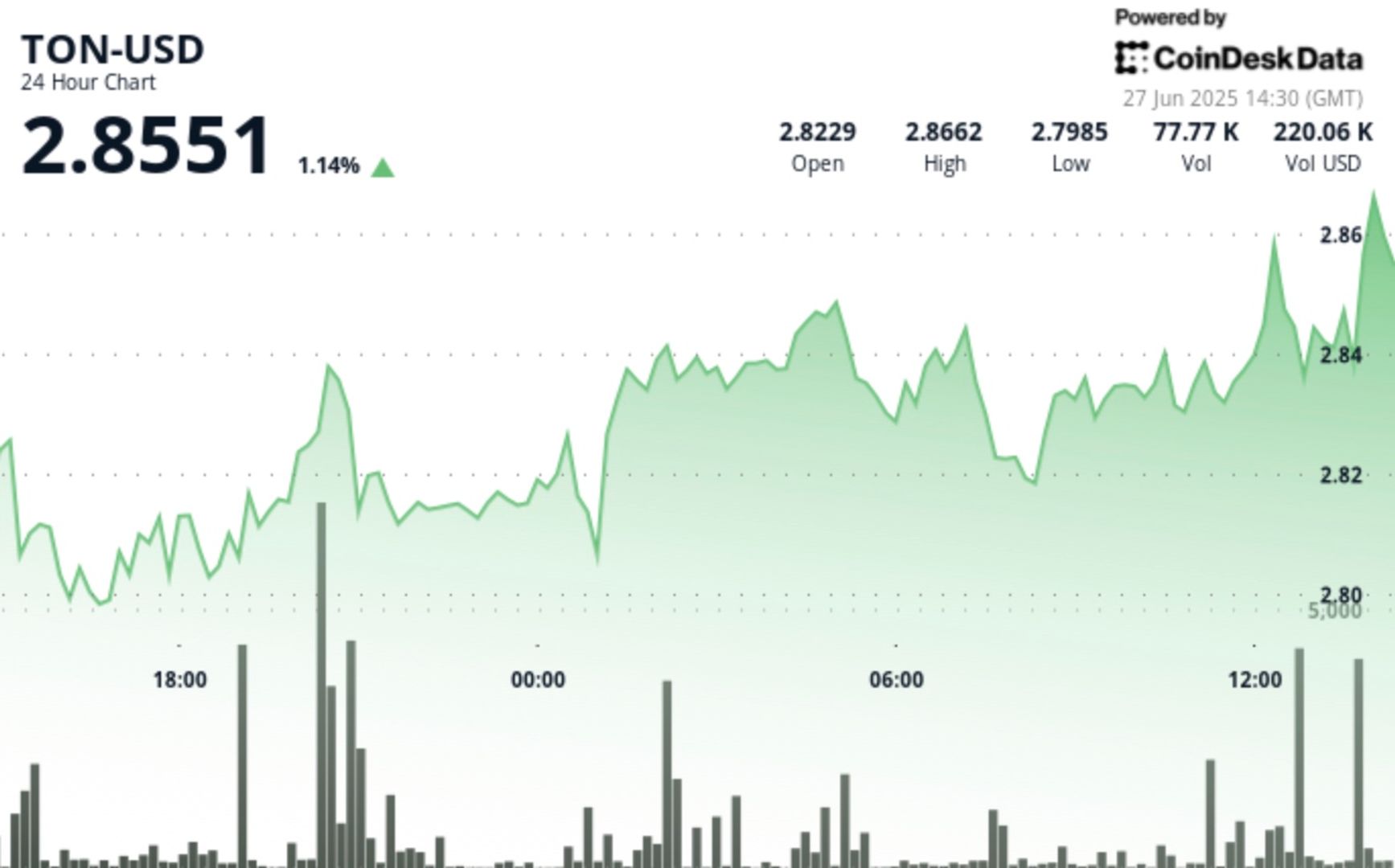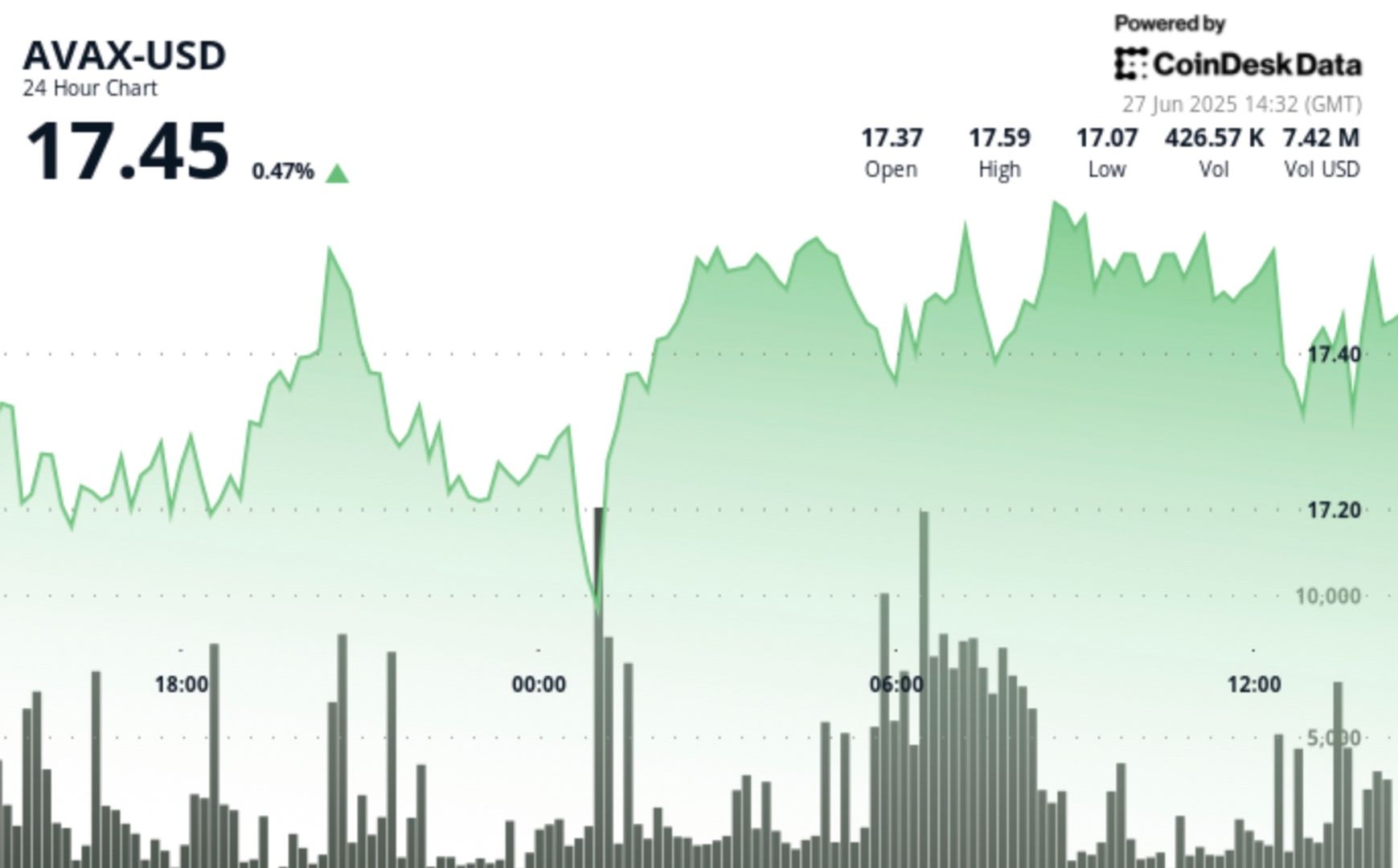We’re learning more about what weight-loss drugs do to the body
Weight-loss drugs are this decade’s blockbuster medicines. Drugs like Ozempic, Wegovy, and Mounjaro help people with diabetes get their blood sugar under control and help overweight and obese people reach a healthier weight. And they’re fast becoming a trendy must-have for celebrities and other figure-conscious individuals looking to trim down. They became so hugely popular…

Weight-loss drugs are this decade’s blockbuster medicines. Drugs like Ozempic, Wegovy, and Mounjaro help people with diabetes get their blood sugar under control and help overweight and obese people reach a healthier weight. And they’re fast becoming a trendy must-have for celebrities and other figure-conscious individuals looking to trim down.
They became so hugely popular so quickly that not long after their approval for weight loss, we saw global shortages of the drugs. Prescriptions have soared over the last five years, but even people who don’t have prescriptions are seeking these drugs out online. A 2024 health tracking poll by KFF found that around 1 in 8 US adults said they had taken one.
We know they can suppress appetite, lower blood sugar, and lead to dramatic weight loss. We also know that they come with side effects, which can include nausea, diarrhea, and vomiting. But we are still learning about some of their other effects.
On the one hand, these seemingly miraculous drugs appear to improve health in other ways, helping to protect against heart failure, kidney disease, and potentially even substance-use disorders, neurodegenerative diseases, and cancer.
But on the other, they appear to be harmful to some people. Their use has been linked to serious conditions, pregnancy complications, and even some deaths. This week let’s take a look at what weight-loss drugs can do.
Ozempic, Wegovy, and other similar drugs are known as GLP-1 agonists; they mimic a chemical made in the intestine, GLP-1, that increases insulin and lowers blood levels of glucose. Originally developed to treat diabetes, they are now known to be phenomenal at suppressing appetite. One key trial, published in 2015, found that over the course of around a year, people who took one particular drug lost between around 4.7% and 6% of their body weight, depending on the dose they took.
Newer versions of that drug were shown to have even bigger effects. A 2021 trial of semaglutide—the active ingredient in both Ozempic and Wegovy—found that people who took it for 68 weeks lost around 15% of their body weight—equivalent to around 15 kilograms.
But there appear to be other benefits, too. In 2024, an enormous study that included 17,604 people in 41 countries found that semaglutide appeared to reduce heart failure in people who were overweight or obese and had cardiovascular disease. That same year, the US approved Wegovy to “reduce the risk of cardiovascular death, heart attack, and stroke in [overweight] adults with cardiovascular disease.” This year, Ozempic was approved to reduce the risk of kidney disease.
And it doesn’t end there. The many users of GLP-1 agonists have been reporting some unexpected positive side effects. Not only are they less interested in food, but they are less interested in alcohol, tobacco, opioids, and other addictive substances.
Research suggests they might protect men from prostate cancer. They might help treat osteoarthritis. Some scientists think the drugs could be used to treat a range of pain conditions, and potentially help people with migraine. And some even seem to protect brain cells from damage in lab studies, and they are being explored as potential treatments for neurological disorders like Alzheimer’s and Parkinson’s (although we don’t yet have any evidence they can be useful here).
The more we learn about GLP-1 agonists, the more miraculous they seem to be. What can’t they do?! you might wonder. Unfortunately, like any drug, GLP-1 agonists carry safety warnings. They can often cause nausea, vomiting, and diarrhea ,and their use has also been linked to inflammation of the pancreas—a condition that can be fatal. They increase the risk of gall bladder disease.
There are other concerns. Weight-loss drugs can help people trim down on fat, but lean muscle can make up around 10% of the body weight lost by people taking them. That muscle is important, especially as we get older. Muscle loss can affect strength and mobility, and it also can also leave people more vulnerable to falls, which are the second leading cause of unintentional injury deaths worldwide, according to the World Health Organization.
And, as with most drugs, we don’t fully understand the effects weight-loss drugs might have in pregnancy. That’s important; even though the drugs are not recommended during pregnancy, health agencies point out that some people who take these drugs might be more likely to get pregnant, perhaps because they interfere with the effects of contraceptive drugs.
And we don’t really know how they might affect the development of a fetus, if at all. A study published in January found that people who took the drugs either before or during pregnancy didn’t seem to face increased risk of birth defects. But other research due to be presented at a conference in the coming days found that such individuals were more likely to experience obstetrical complications and preeclampsia.
So yes, while the drugs are incredibly helpful for many people, they are not for everyone. It might be fashionable to be thin, but it’s not necessarily healthy. No drug comes without risks. Even one that 1 in 8 American adults have taken.
This article first appeared in The Checkup, MIT Technology Review’s weekly biotech newsletter. To receive it in your inbox every Thursday, and read articles like this first, sign up here.














![What Is a Markup Language? [+ 7 Examples]](https://static.semrush.com/blog/uploads/media/82/c8/82c85ebca40c95d539cf4b766c9b98f8/markup-language-sm.png)







































![[Weekly funding roundup June 21-27] A sharp rise in VC inflow](https://images.yourstory.com/cs/2/220356402d6d11e9aa979329348d4c3e/Weekly-funding-1741961216560.jpg)














































































































































